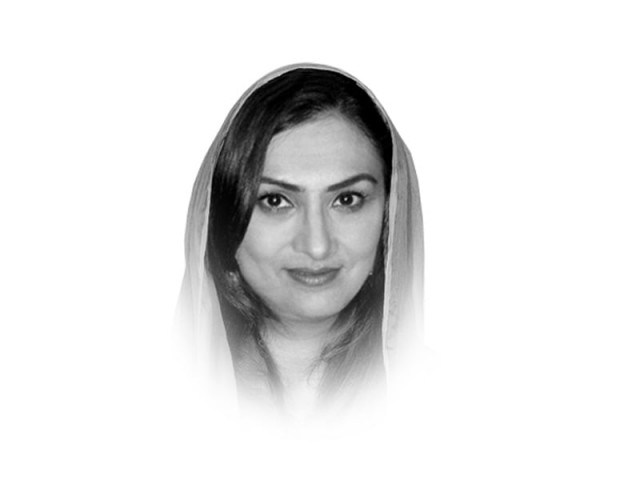Education — doing the doable
Government needs to standardise education across the country as a policy, and integrate it into mainstream sectors.

It is imperative that we develop an alternative government plan, with a clear policy consensus developed for each key area, in order to have some direction before the next elections. To date, no policy discussion by the current political leadership has taken place on such matters. Frankly, most Pakistanis who understand the objectives of the current political leadership also accept that those who are part of it simply do not have what it takes to carry out any meaningful reform. It is for this reason that those eager to be part of the reform team for Pakistan must join hands now, so that by the time elections come around, solutions can be provided to the electorate. The agenda for political alliances must be based on clearly defined policies so that no compromises on principles are made at any later stage.
The foremost task is to set some goalposts for each of these key policy areas. Since education is the most critical fuel for a knowledge-based economy, we need to develop a ‘new deal’ on it. This is the need of the hour because long-term growth will not be possible, no poverty reduction strategy will succeed and no development will occur unless literacy levels are high.
The following list of recommendations might seem basic to some cynics, but these measures have not been taken by any government:
1) With the consensus of the provinces, unify the system of schooling, syllabus, curriculum and examination. This should also apply to degree-awarding institutions for various levels of higher education. 2) Establish a basic minimum standard for a school’s premises/infrastructure and teaching staff. Penalise those who have acquired posts in education administration through nepotism and connections. 3) Undertake mapping of all existing schools in every district of the country so that a ‘gap analysis’ can be carried out on deficiencies. This should include the identification of all ghost schools and absentee teachers. This can rectify shortcomings, which should be done on a war footing by according it the highest policy/implementation priority. 4) Accomplish the linking of education with the general public, through employment generation. Some kind of mechanism should be set up so that the demand for various kinds of degrees in the job market vis-à-vis demands from employers is coordinated with what our universities and colleges are teaching. 5) Secondary education should be made mandatory before social security benefits from the state can be received. 6) A link should be established between research in agriculture and improvements in the agriculture sector. 7) Vocational training should be encouraged so that labour productivity is enhanced. 8) Women, minorities and ethnic groups should be given equal opportunities to education.
9) Centres of excellence should be set up and promoted, with links to international institutions. 10) Funding for education should also be found from international sources and this should be linked to the academic performance of the respective institution.
This list is not based on any drawing-room analysis. It is based on travelling in the field, talking to teachers and lecturers and other educational staff, the National Commission for Human Development employees and so on. The condition of our schools is terrible and this decay in our education sector is having a negative impact on society. The above is doable but it requires immediate focus — and the will to do it.
Published in The Express Tribune, July 15th, 2011.














COMMENTS
Comments are moderated and generally will be posted if they are on-topic and not abusive.
For more information, please see our Comments FAQ